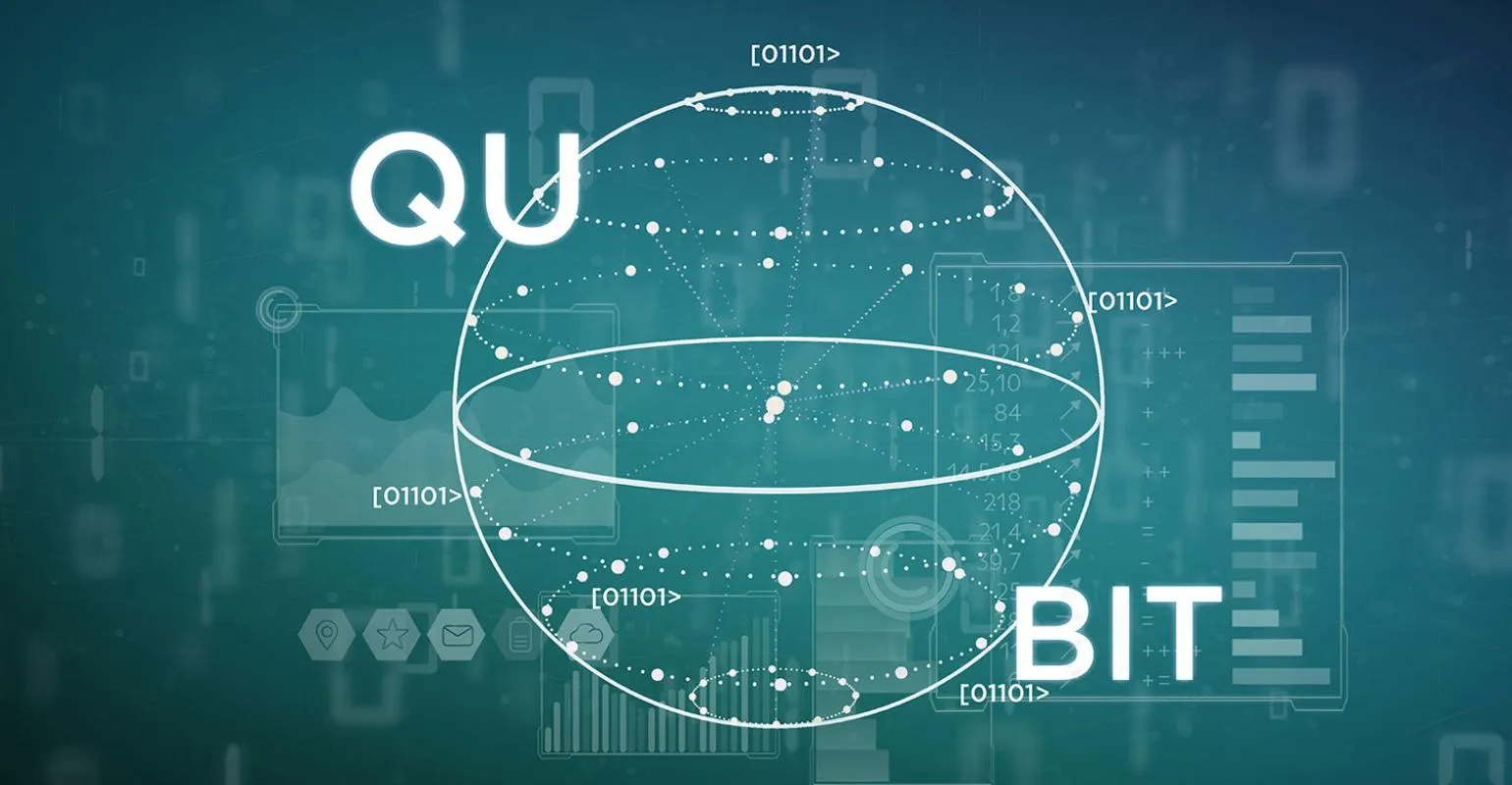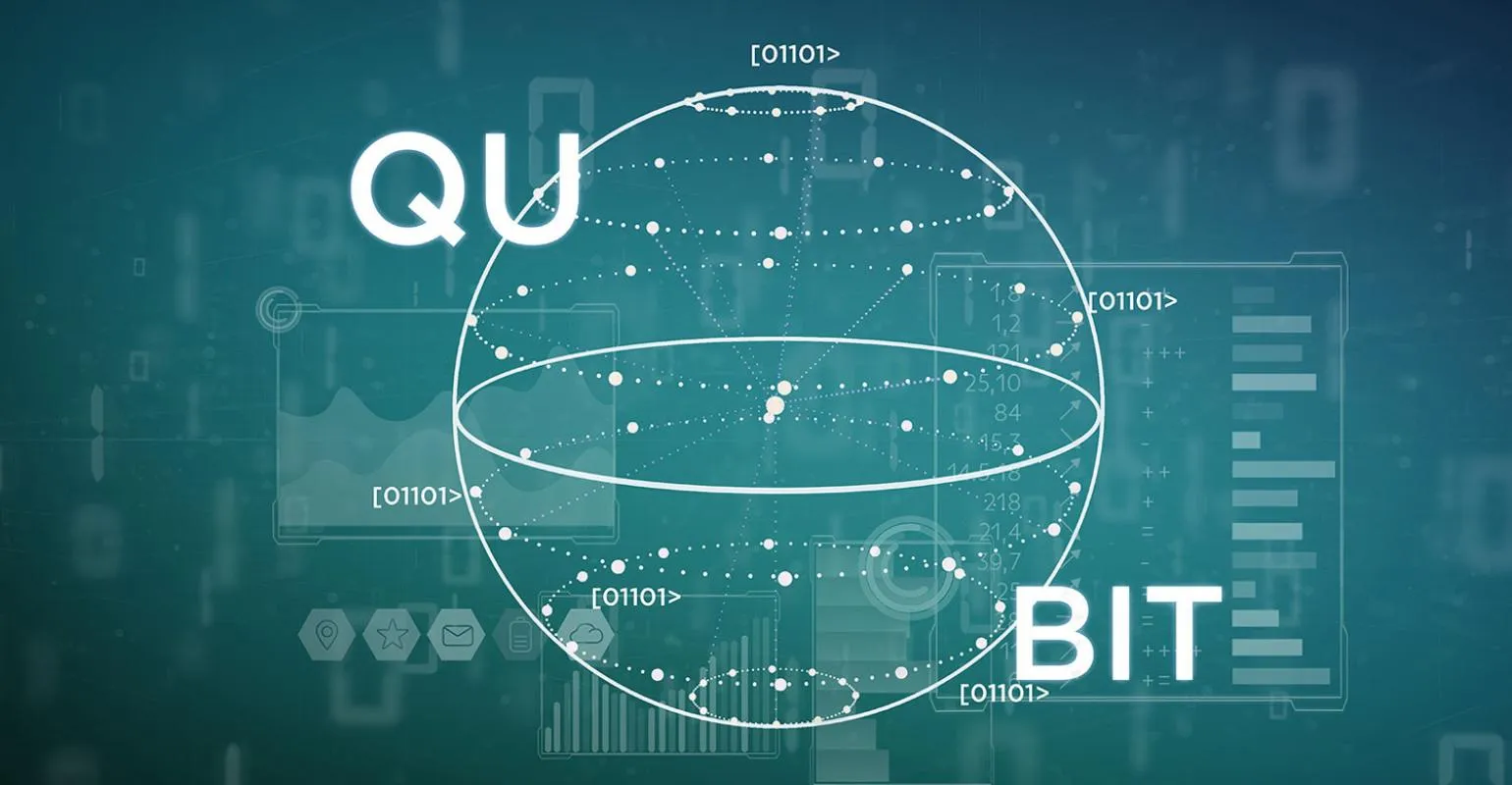Quantum computing – More than the sum of its parts
Blog: Capgemini CTO Blog
If I were to tell you that, in near future, you will not need the internet to communicate because data will be teleported, you would be like “What the heck? This is no sci-fi movie!” But the truth is, there is already research going on called quantum teleportation. Surprised? I was too.
But before getting into the unimaginable possibilities of quantum computing, lets first understand what quantum computing is and how it differs from conventional computers.
If you studied light (it’s okay if you don’t remember) you may already know something about quantum theory. A beam of light sometimes behaves like it’s made up of particles and sometimes like it is waves of energy – this is one of the ideas that come to us from quantum theory. It’s hard to grasp that something can be two things at once – a particle and a wave, for example – because this is totally alien to our everyday experience. After all, car cannot simultaneously be both a bicycle and a bus. In quantum theory, however, that’s just the kind of crazy thing that can happen.
But what does this have to do with computers? Suppose we keep on pushing Moore’s Law; keep making transistors smaller until they get to the point where they obey not the ordinary laws of physics (like old-fashioned transistors) but the more bizarre laws of quantum mechanics. The question is whether computers designed this way can do things conventional computers can’t. If we are able to mathematically predict that they might be able to, can we actually make them work like that in practice?

Conventional digital computers work on the principle that the data is encoded on bits which is always either zero or one and I believe this is one of the many reasons they are easily hacked. Quantum computers, on the other hand, work on Qubit. A qubit can store a zero, a one, both zero and one, or an infinite number of values in between and be in multiple states (store multiple values) at the same time. Sound confusing? Refer to the above example of light being a particle and a wave at the same time or a car being a bicycle and a bus. A gentler way to think of the numbers qubits store is through the physics concept of superposition (where two waves add to make a third one that contains both of the originals)
So, if a quantum computer can store multiple numbers at once, it can process them simultaneously as well. Instead of doing a series of things one at a time in a sequence, it can work on multiple things at the same time.
Another topic quantum computing touches upon is cryptography. For me, this is quite exciting, because two technologies that I know about are racing to achieve security through cryptography. Yes, you guessed it, I’m talking about blockchain and quantum computing. The question is, which will prevail? Or will we segregate the use of each technology according to the use case? Let’s see what the future holds, I will also try and do the research and post another blog on the topic.
References:
Problems and Solutions in Quantum Computing and Quantum Information By Willi-Hans Steeb, Yorick Hardy
https://www.explainthatstuff.com/quantum-computing.html
